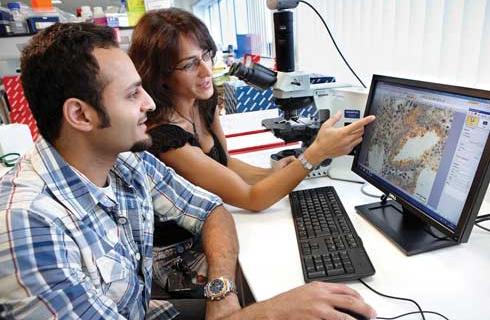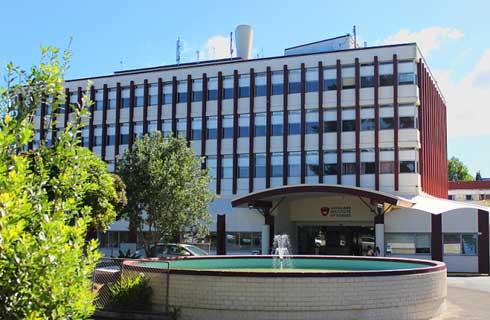国际学生入学条件
A master’s degree with a GPA of 3.0 or better
All international applicants are required to submit one transcript or academic record from each institution of higher education attended, including any study abroad or exchange programs, summer programs, and non-degree work and extension programs. Applicants may submit unofficial copies of transcripts while applying for admission. However, admitted students are required to submit official transcripts in order to enroll at UHM. Official transcripts or academic records must be sent to Graduate Division Student Services directly from the issuing institution(s), or in sealed institutional envelopes if submitted with the application.
Applicants are required to submit one transcript from each post-secondary institution attended, including any study abroad or exchange programs, summer programs, and non-degree work and extension programs. Applicants may submit unofficial copies of transcripts while applying for admission. However, admitted students are required to submit official transcripts in order to enroll at UHM.
TOEFL iBT - Minimum score 61 TOEFL iBT
IELTS- Minimum score is 6.00 for the IELTS Academic overall band test results. PBT 500
展开
IDP—雅思考试联合主办方

雅思考试总分
6.0
- 雅思总分:6
- 托福网考总分:61
- 托福笔试总分:500
- 其他语言考试:NA
CRICOS代码:
申请截止日期: 请与IDP联系 以获取详细信息。
课程简介
The Cognition, Neuroscience, & Social (CNS) program conducts cutting edge research on human behavior that ranges from the level of cells to society, exploring the mechanisms of brain and behavior within social contexts. To explore many of the fascinating questions in these areas, faculty members and graduate students use a variety of experimental approaches such as behavioral studies, psychophysics, computational models, eye-tracking and motion tracking in virtual reality, electroencephalography (EEG), functional Magnetic Resonance Imaging (fMRI), as well as developmental, genetic, and animal research approaches. CNS graduate students receive interdisciplinary training across the three areas, and participate and lead ongoing and novel research projects. Generally, students are mentored by a faculty member with expertise in either cognition, neuroscience, or social psychology, although across discipline research and mentorship is available. The CNS program is comprised of faculty members conducting research in the following areas:<br>Cognition: Human cognition spans a wide array of topics, including basic cognitive mechanisms such as perception, attention, memory, thought, and reasoning, as well as both the development of human cognition and how it might be modulated by social interactions. Our current research focuses on exploring the cognitive and neurological mechanisms that support human and non-human animal cognition, with emphasis placed on mechanisms of attention, perception, and memory, both within and across sensory modalities, and measured in both neurotypical and atypical populations.
展开







 预科
预科 奖学金
奖学金 实习机会
实习机会 在校学习
在校学习 跨境学习
跨境学习 校园授课-线上开始
校园授课-线上开始 在线/远程学习
在线/远程学习













 滑铁卢大学
滑铁卢大学

 维多利亚大学
维多利亚大学

 维多利亚大学
维多利亚大学

 卡尔顿大学
卡尔顿大学

 曼尼托巴大学
曼尼托巴大学

 西蒙菲莎大学
西蒙菲莎大学









 美国
美国
